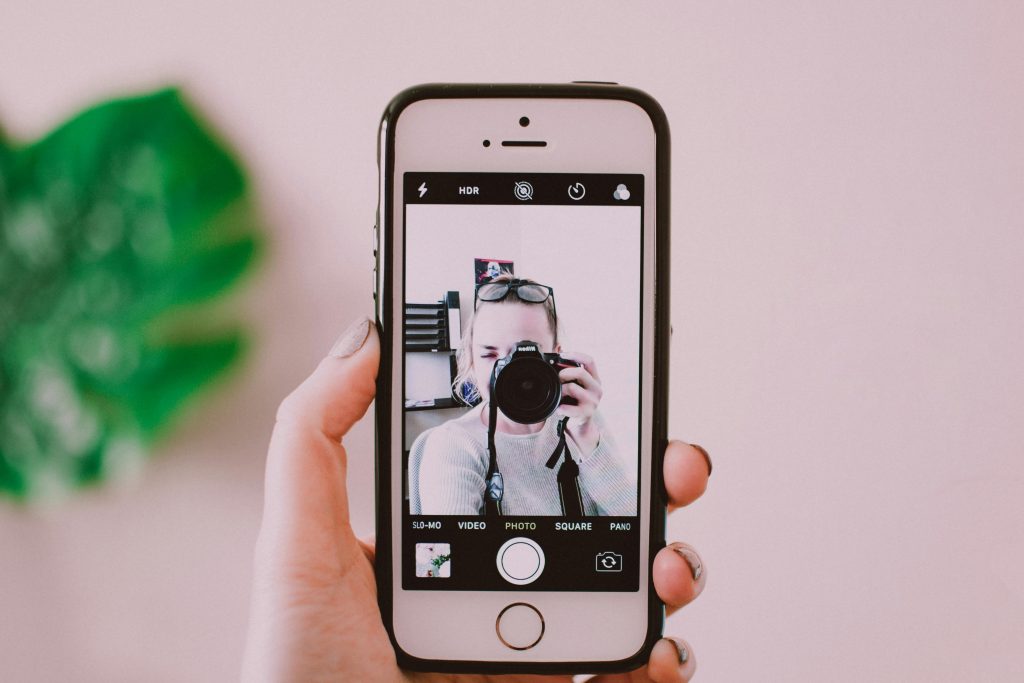
“Even the fear of death is nothing compared to the fear of not having lived authentically and fully.”
… Frances Moore Lappe, O Magazine, May 2004
The idea of living or acting authentically has presented itself to me on a number of occasions over the years and given me pause for reflection over just what it means to be authentic.
It seems most people’s believe we are authentic when we act in accordance with our self-story – how we see ourselves. When we are being authentic, we are being true to self-story. To do otherwise is to be inauthentic. When I thought about it, this did not make sense to me. Indeed, it seemed back to front.
In this work, our self-story is a linguistic creation. We are not born knowing a specific language, but learn it, accent and, all from those around us. Our self-story begins with our name. This is first of many aspects of our self-story given to us by others, initially our primary care-givers. As we learn language, we piece together people are saying about us. They tell us when we are angry, when we are sad and so on. They tell us when have been good or bad, when we have done the right thing or the wrong thing. We learn to interpret others’ actions and emotions as meaning about us. They tell us what should matter to us. As young children, we soak up those words and actions. They imbue us with the makings of our self-story without us even knowing it. From others’ stories about us, we start to judge ourselves thereby adding another dimension to generating our self-story.
Our self-story emerges uniquely for each of us, but it serves the same purpose – the meaning we place on ourselves in the world. It would be nice to think that our self-story accurately reflects our ways of being, but this is not the case. Many people develop a self-story about who they think they should be rather than one that reflects their thoughts and actions. This may happen simply as a result of our inherent biases to see the world as we would like it to be or it may reflect an interpretation of ‘self’ stemming from our true essence espoused by philosophers such as Plato and Descartes as something akin to our ‘soul’. This dualist approach to the human condition has a huge hold on much of western thought and leads many people to think of their soul as the ‘real me’. This becomes their self-story.
What does all this have with being authentic? Our authenticity stems from our self-story in the context of what we observe about our thoughts and actions. If our starting point happens to a self-story about an idealised ‘real me’ then our thoughts and actions will often show up as inauthentic and we will see ourselves as falling short of our ideals. We will tend to see ourselves as flawed in some way and negative thoughts about ourselves will be a frequent companion. We think of ourselves as being inauthentic.
I would like to offer a different interpretation – we are always being authentic. Our thoughts and actions are always manifested from our way of being in any given moment. When they do not match our self-story, it is the self-story that needs adjusting. Sure, we can have an aspirational self-story but that is about who we want to become not who we are now.
There is good news in this approach to authenticity. Our thoughts and actions point to what is important to us. They offer clues to our fundamental concerns in life. They also offer the opportunity to accept ourselves and work towards who we want to become. Rather than seeing ourselves as flawed, we are a human being navigating life as best we can. We can see ourselves of the creators of our self-story and the possibility of playing a more intentional role in that creation. We are not on a journey of self-discovery but self-creation and a more intentional approach to that creative process can start today.